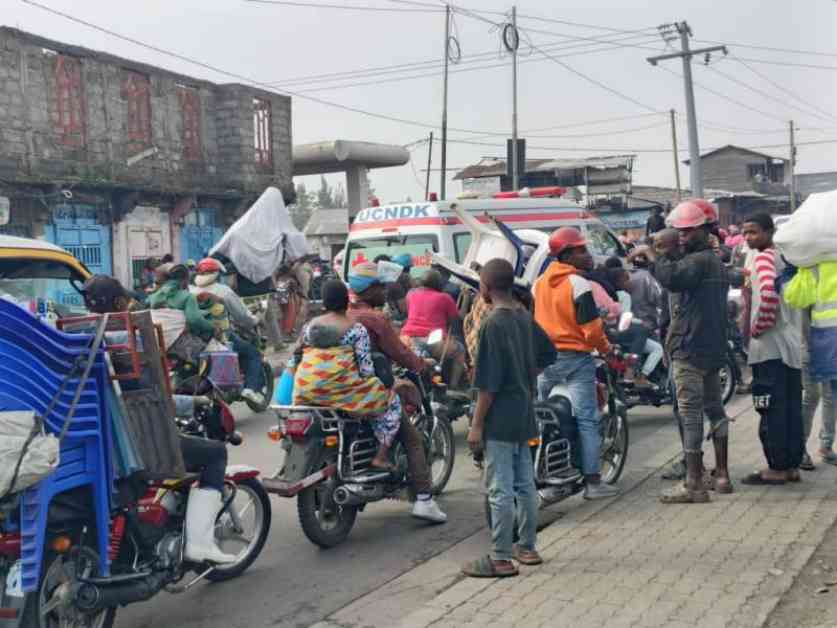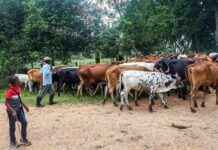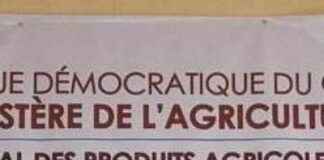Intensification of Fighting Around Goma: Urgent Call for Unhindered Humanitarian Aid
As the conflict escalates around the city of Goma in the Democratic Republic of Congo, Bruno Lemarquis, the Resident Coordinator and Humanitarian Coordinator in the country, has expressed deep concern regarding the increasing combat activities and their devastating impact on civilian populations. Several sites on the outskirts of Goma, housing over 300,000 displaced individuals, were rapidly emptied in a matter of hours. Despite the alarming deterioration of security in displacement sites and certain neighborhoods of the city, humanitarian actors, including essential personnel, are working tirelessly to meet the needs of the most vulnerable civilian populations.
“In the name of the humanitarian community in the Democratic Republic of Congo, I call on all parties to the conflict to immediately cease military escalation. This violence exacerbates the suffering of the people in eastern DRC and worsens the already precarious conditions of civilians. As the United Nations Secretary-General emphasized on January 23, 2025, urgent de-escalation is imperative. The proximity of combat in densely populated areas and the use of heavy artillery expose civilian populations to intolerable risks. Despite the support from humanitarian actors such as the ICRC and MSF, the emergency capacities of Goma’s hospitals are overwhelmed,” the statement read.
The humanitarian community urges the international community to intensify efforts to address the rapidly deteriorating humanitarian and security crisis. While awaiting the cessation of hostilities, they are calling for temporary humanitarian pauses in the most affected and at-risk areas to facilitate the evacuation of the wounded and civilians from active combat zones.
“On behalf of the humanitarian community, I remind all parties to the armed conflict of their obligations under international humanitarian law: civilians and civilian infrastructure providing essential services must never be targeted. All parties to the conflict are required to ensure unhindered passage of humanitarian aid to those in need and to guarantee safe passage for civilians fleeing active combat zones. Civilians must be able to access humanitarian aid safely and with dignity. This requires that humanitarian actors remain as close as possible to affected populations, in conditions that allow them to provide vital assistance,” the statement continued, stressing the importance of restoring basic services in Goma, including access to water, electricity, and healthcare, to meet the essential needs of those affected by the conflict.
Since the new offensives by the M23 around the city of Goma on January 23, 2025, several hundred thousand people have once again been forced to flee multiple ongoing combat zones, while the capacity to accommodate and assist those in need is already saturated. As of January 24, 2025, the Ndosho General Hospital in Goma had treated over 256 injured individuals, including 90 civilians, most of whom suffered serious injuries from gunfire and artillery. This far exceeds its capacity of 146 beds, despite the reinforcement of operations by humanitarian partners.
In recent days, M23 rebels, supported by Rwanda, have made a breakthrough against the Armed Forces of the Democratic Republic of Congo in the North Kivu province. Tensions are high around the city of Goma, which now faces the threat of the M23-RDF coalition.
As the situation continues to deteriorate, the call for uninterrupted humanitarian aid becomes increasingly urgent. The need for swift action to protect civilians and provide essential assistance is paramount in the face of escalating violence and growing displacement. The international community must step up efforts to address the crisis and ensure the safety and well-being of those caught in the crossfire.

















